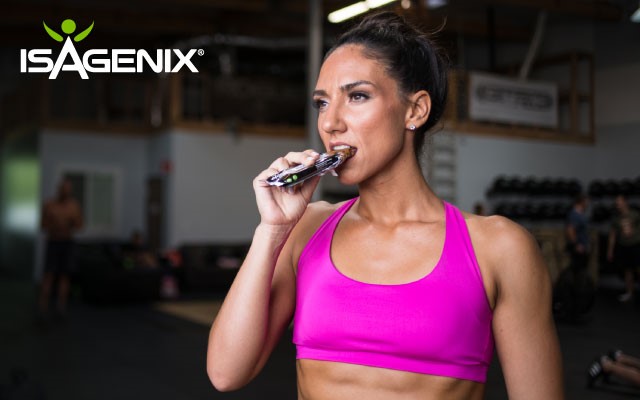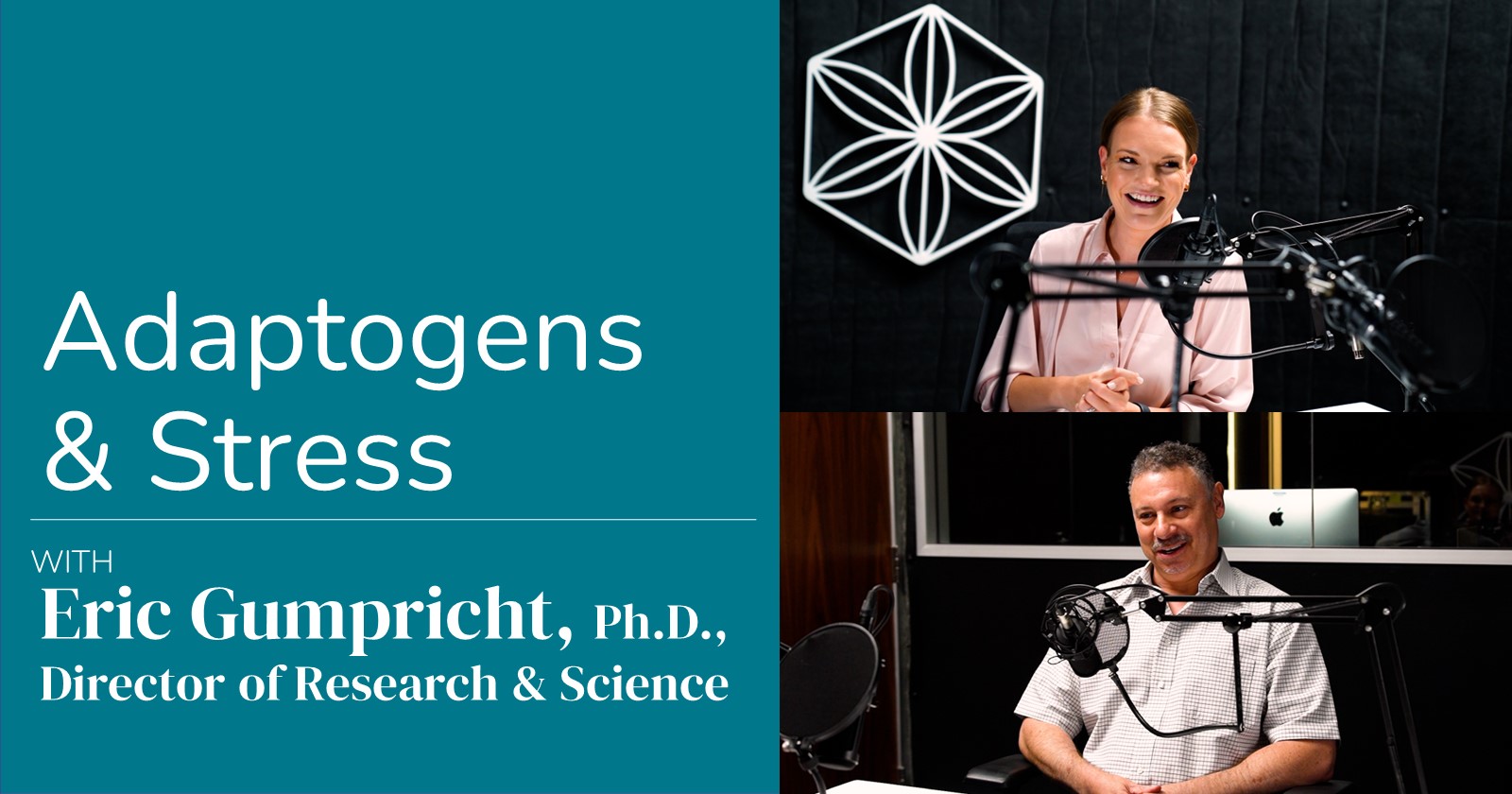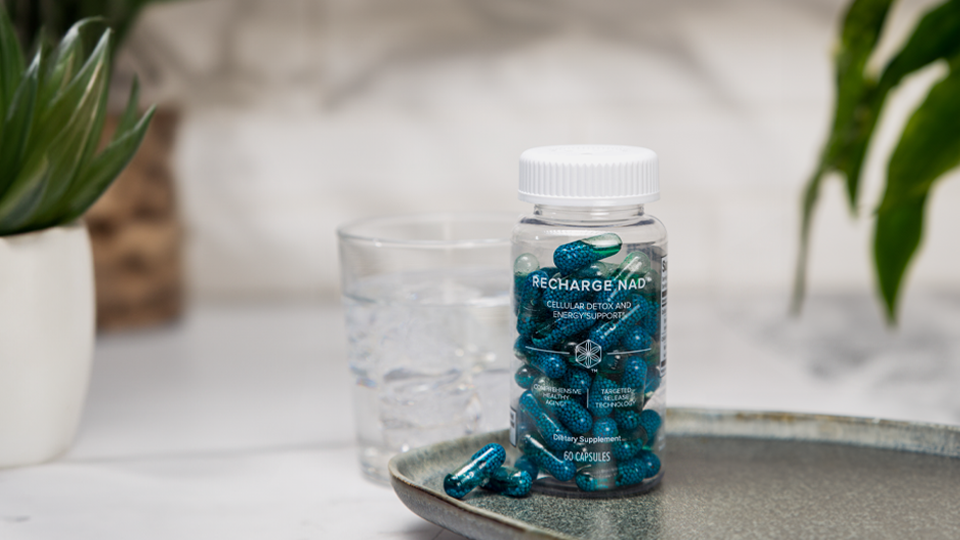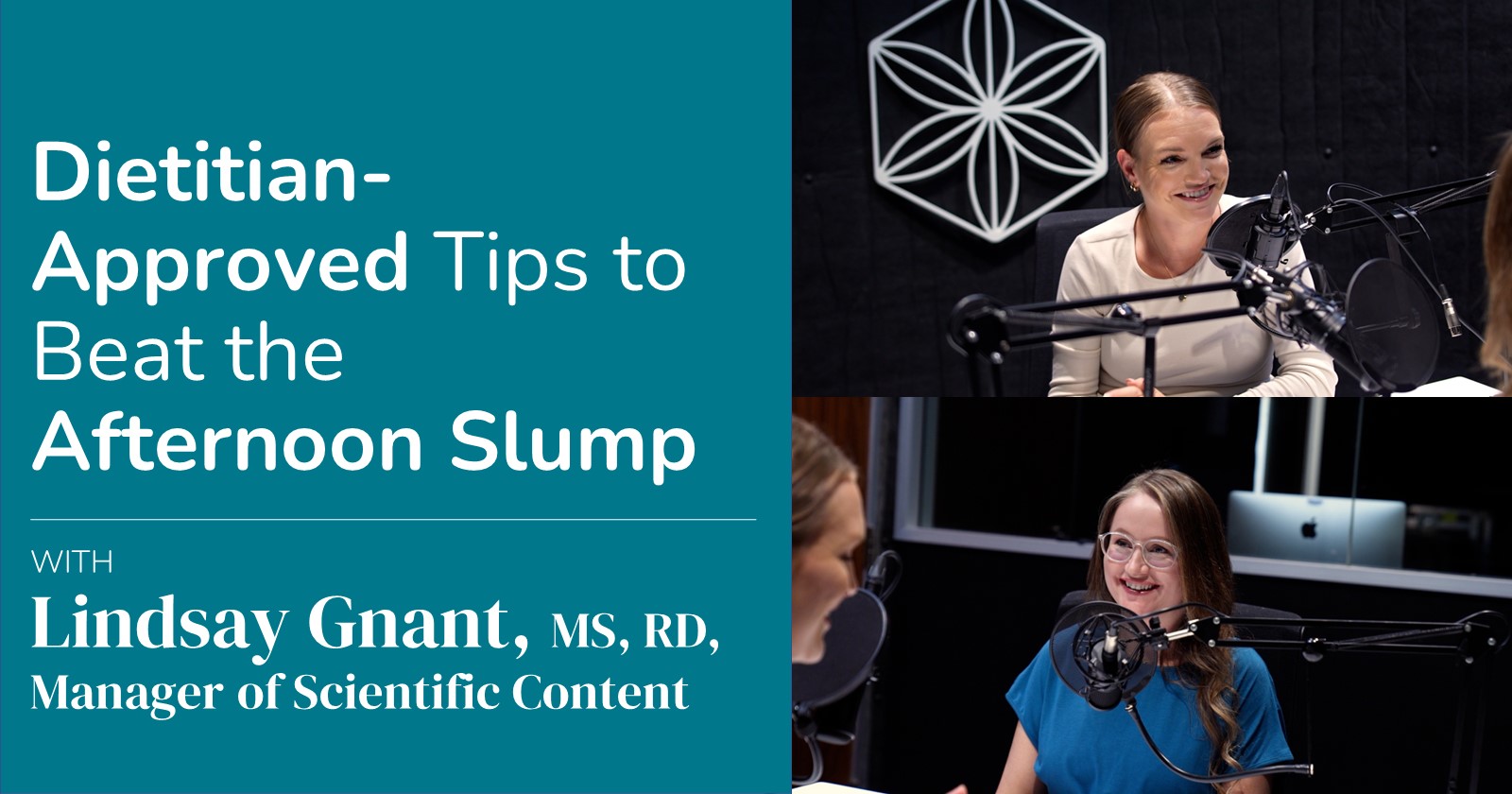When winning is at stake, many athletes aim to boost their performance with ergogenic aids and nutritional supplements that not only give an extra edge, but also help meet their dietary needs.
However, athletes take a risk when consuming many nutritional supplement products on the market. It can be difficult to tell the difference between a high-quality product and one that may contain ingredients that lead to a positive drug test.
The World Anti-Doping Agency (WADA) is an international agency established in 1999 to promote, coordinate, and monitor the fight against doping in sport. According to the World Anti-Doping Code, athletes are “strictly liable” for anything that may be found in their bodies (1). This includes any banned substance, no matter how the substance entered the body and no matter how much of the substance may be present, including traces of metabolites and biomarkers that may exist in product ingredients or raw materials.
WADA states that substances are banned if they meet at least two of the following three criteria:
- Contain ingredients that enhance performance.
- Put the athlete’s health in question.
- Interfere or violate the spirit of sport.
Regulation of supplements can also vary between countries and many have lax guidelines. Unfortunately, many products contain banned substances that are not listed on the label, a practice known as deliberate adulteration (2). Researchers estimate that 3-25 percent of dietary supplements contain quantities of steroid or stimulant contaminants not declared on the label (3,4).
Due to the “strict liability” policy, numerous positive drug tests have been attributed to the lack of regulation and mislabeling. This is a major concern to many athletes who take nutritional supplements.
Athletes can test positive for a banned substance even if they unknowingly ingested the substance or if traces entered the supplement via cross-contamination during the manufacturing process. Since testing cannot distinguish between known and inadvertent use of banned substances, it’s more critical than ever for athletes to know and feel comfortable the supplements they are using have been tested and approved for use in sport.
Drug testing can happen any time for an athlete, on or off season. Penalties for a positive test can range from a partial season suspension, one or two-year suspension, loss of eligibility, or lifetime ban from the sport. Stakes are high for those choosing to use supplements with questionable ingredients and/or quality.
Enter the need for rigorous product testing and quality guidelines that athletes can trust. Isagenix has tested several AMPED products for Informed-Sport certification. This certification helps ensure that there are no traces of banned substances in the products, including those from cross-contamination during manufacturing, that can lead to a positive drug test. This is another example of the Isagenix commitment to no-compromise quality.
References
- World Anti-Doping Code. 2015 Jan 1. Retrieved from https://www.wada-ama.org/en/resources/the-code/world-anti-doping-code.
- Champagne AB and Emmel KV. Rapid screening test for adulteration in raw materials of dietary supplements. Vibrational Spectroscopy. 2011 Mar 31; 55(2): 216-223.
- Judkins CMG, Teale P, and Hall DJ. The role of banned substance residue analysis in the control of dietary supplement contamination. Drug Testing and Analysis. 2010 Sep; 2(9): 471-420. doi: 10.1002/dta.149.
- de Hon H. and Coumans B. The continuing story of nutritional supplements and doping infractions. Br J Sports Med. 2007 Nov 1; 41: 800-805. doi: 10.1136/bjsm.2007.037226.





